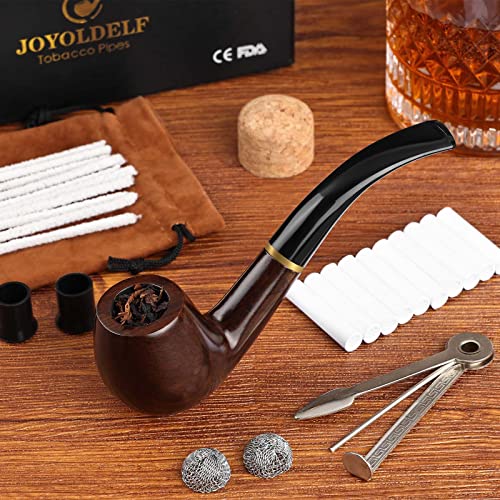Steel Pipes
Steel pipes are one of the most common and widely used types of pipe materials. They are known for their strength and durability, making them suitable for various applications. Steel pipes are usually made from carbon steel, which is a combination of iron and carbon. This type of pipe material is used in industries such as oil and gas, construction, and manufacturing.
Steel pipes are available in different sizes, thicknesses, and grades, depending on the specific requirements of the project. They can withstand high pressure and temperature, making them ideal for applications where the transportation of liquids or gases is involved. Steel pipes are also corrosion-resistant, which adds to their longevity and reliability.
PVC Pipes
PVC, short for polyvinyl chloride, pipes are popular in residential and commercial plumbing systems. These pipes are lightweight, easy to install, and cost-effective, which makes them a preferred choice for water supply and drainage systems. PVC pipes are made from a synthetic plastic material, which provides them with several advantages.
One of the main benefits of PVC pipes is their resistance to corrosion and chemicals. This makes them suitable for transporting various types of liquids, including sewage and chemicals. PVC pipes are also known for their flexibility, which allows them to withstand pressure and impact without cracking or breaking.
Copper Pipes
Copper pipes have been used for plumbing systems for centuries, and they continue to be a popular choice due to their excellent heat and corrosion resistance. These pipes are ideal for both hot and cold water supply lines and can withstand high temperatures without deforming or bursting.
In addition to being durable, copper pipes have natural antibacterial properties, making them a hygienic choice for water supply systems. They are also easy to solder, making installation and repair processes relatively simple. Copper pipes are commonly used in residential, commercial, and industrial applications.
Cast Iron Pipes
Cast iron pipes have been used for sewer systems for many years due to their durability and strength. These pipes are made from iron and are extremely resistant to corrosion, making them ideal for underground applications. They are also known for their sound-deadening properties, which help reduce noise levels in plumbing systems.
Cast iron pipes are available in different sizes and thicknesses, allowing for versatile use in various applications. They are commonly used in residential and commercial buildings, as well as in industrial facilities. Cast iron pipes require regular maintenance to prevent the build-up of sediment and to ensure optimal performance.
HDPE Pipes
HDPE, short for high-density polyethylene, pipes are known for their flexibility, durability, and resistance to chemicals and corrosion. These pipes are commonly used for underground water supply and sewage systems. HDPE pipes are lightweight, which makes transportation and installation easier and more cost-effective.
One of the main advantages of HDPE pipes is their flexibility. They can withstand bending and stretching without breaking or cracking, making them suitable for applications where ground movement is expected. HDPE pipes are also resistant to UV rays, which allows them to be used in outdoor installations without the risk of degradation.






